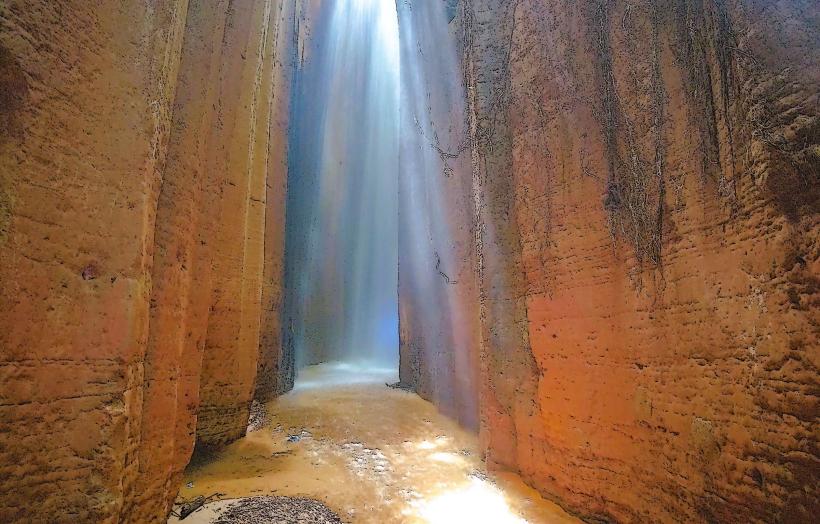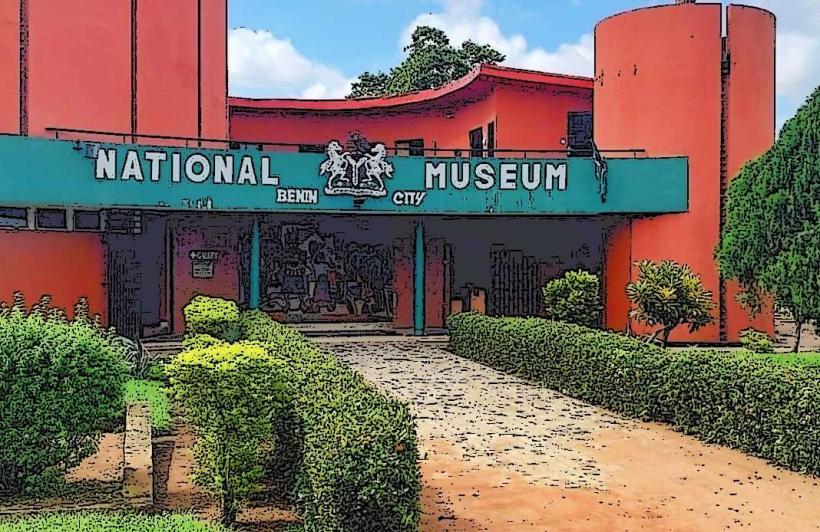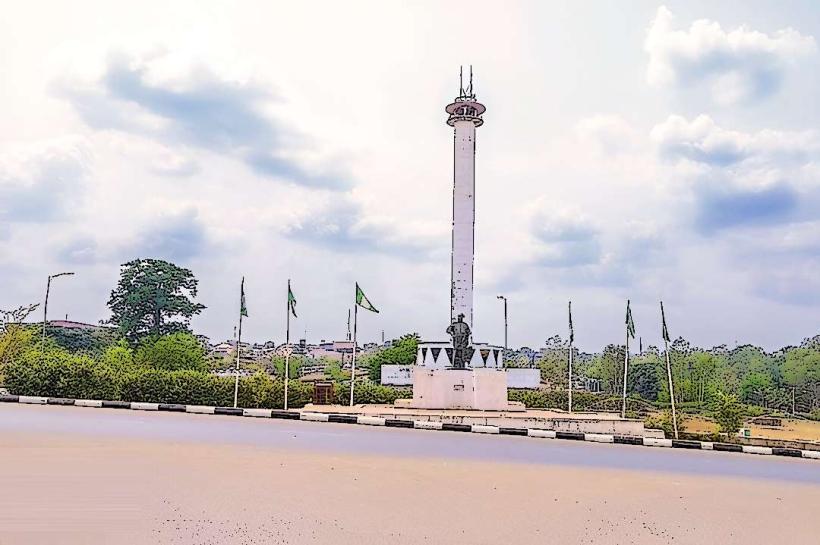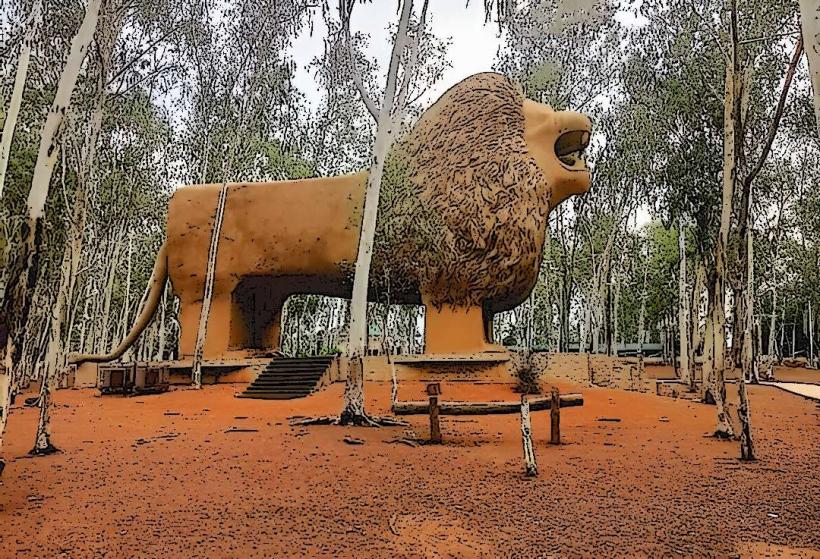Information
City: EnuguCountry: Nigeria
Continent: Africa
Enugu, Nigeria, Africa
Enugu serves as the administrative capital of Enugu State and the historic political center of the Eastern Region. It is located in the southeastern part of Nigeria, situated on the foot of the Udi Plateau.
Historical Timeline
Enugu was founded in 1909 following the discovery of coal by British geologist Albert Ernest Kitson. It transitioned through the colonial era as a major mining hub, became the capital of the Eastern Region in 1938, and served as the capital of the Republic of Biafra (1967) during the Nigerian Civil War. The primary event shaping its current urban form was the 1917 Township Ordinance, which established the "Coal City" layout to separate mining zones from administrative and residential areas.
Demographics & Population
The metropolitan population is approximately 1,150,000 as of 2026. The population is overwhelmingly dominated by the Igbo ethnic group (over 95%). The median age is approximately 19.3 years.
Urban Layout & Key Districts
The city is organized by its hilly topography and the rail line that bisects it. Key districts include Independence Layout (East), the seat of government and high-end residential estates; Ogui (Central), the primary commercial and transport hub; and Trans-Ekulu (North), a sprawling residential district. The Central Business District is located in the New Haven and Independence Layout corridor.
Top City Landmarks
Ngwo Pine Forest and Cave
Akanu Ibiam International Airport
The Michael Okpara Square
Milken Hill (Scenic viewpoint and historic road)
Transportation Network
Internal movement is facilitated by a network of paved roads, though secondary streets vary in quality. There is no rail-based internal transit; movement relies on private cars and minibuses. Ride-sharing is dominated by Bolt and Uber. Official taxis are painted yellow with black stripes. Traffic density is moderate compared to Lagos or Port Harcourt, peaking at the Abakpa and Holy Ghost junctions.
Safety & "Red Zones"
Enugu is considered one of the safer cities in Nigeria. However, caution is advised in the Abakpa and Uwani districts at night due to reports of petty theft and cult-related activities. Rural areas on the outskirts of the state have faced security challenges regarding herdsmen-farmer conflicts; travelers should remain within city limits after dark.
Digital & Financial Infrastructure
Average internet speeds are 25–40 Mbps on 4G networks, with 5G rollout concentrated in Independence Layout. Primary carriers are MTN, Airtel, and Glo. Card acceptance is high in hotels and supermarkets (via POS), but the local economy remains cash-reliant for smaller transactions. ATMs are clustered around Ogui Road and the Central Business District.
Climate & Air Quality
Temperatures range from 22°C to 34°C. The city experiences a tropical savanna climate with a distinct rainy season from April to October. Air quality is generally better than in Port Harcourt, though Harmattan dust in December and January significantly increases particulate matter levels.
Culture & Social Norms
Tipping is voluntary but appreciated (5–10%). Respect for traditional Igbo hierarchy is central; elders should be greeted first. Conservative attire is standard for formal and religious settings. Alcohol is widely consumed, and the city is famous for its "Palm Wine" culture. Smoking in public buildings is prohibited.
Accommodation Zones
Independence Layout: Recommended for high security, proximity to government offices, and luxury hotels.
New Haven: Recommended for central access to restaurants, banks, and evening social spots.
Local Cost Index
1 Espresso: ₦3,800 ($2.50)
1 Standard Lunch: ₦9,000 ($6.00)
1 Metro/Bus Ticket: ₦800 ($0.55) - commercial minibus rate.
Nearby Day Trips
Awhum Waterfall and Cave: 25 km (45 minutes)
Ezeagu Tourist Complex: 45 km (60 minutes)
Nsukka (University Town): 65 km (75 minutes)
Nike Lake Resort: Within city limits (20 minutes from center)
Facts & Legends
The name "Enugu" is derived from the Igbo words Enu Ugwu, meaning "top of the hill." A local urban legend surrounds the "Ghost of Milken Hill," where colonial-era miners were said to have perished; locals claim that on particularly misty nights during the Harmattan, the sounds of pickaxes can still be heard echoing against the limestone cliffs.









